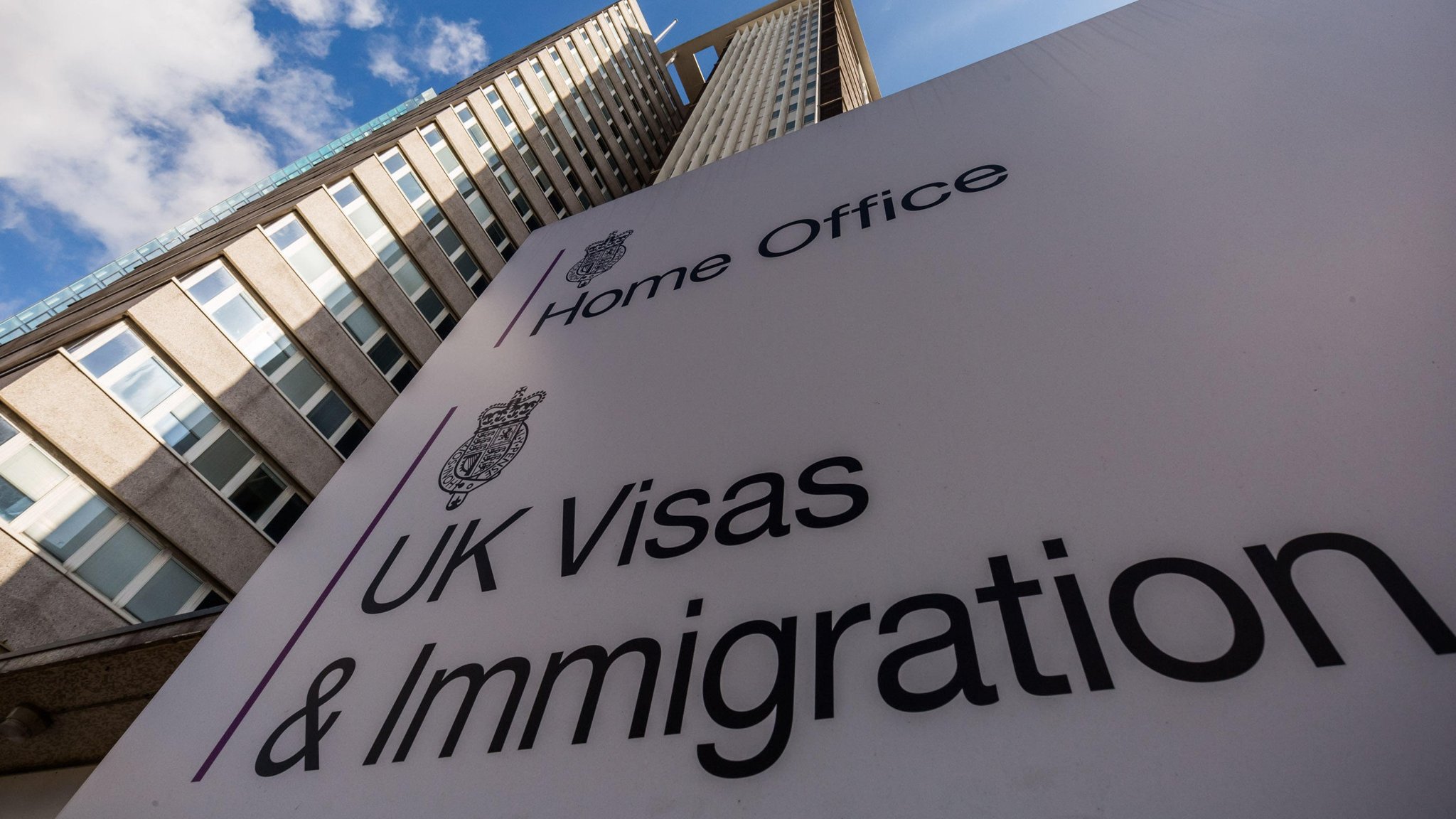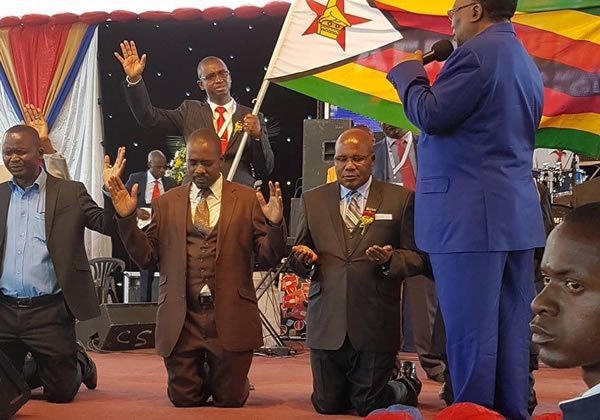by Mutumwa Mawere
Xenophobia cannot exist where the term ‘foreigner’ has no place.
AS state and non-state actors grope for solutions to the latest wave of xenophobic attacks, it is unmistakable that even those who claim to be against xenophobia do in fact recognise the existence, character and personality of a so-called “foreigner” yet at the same time acknowledge the limitations imposed by the constitution in terms of human rights exclusion.
Indeed, South Africa is a constitutional state that belongs to all who live in it certainly without exceptions. It is accepted that the Republic of South Africa like any republican state is based on the same fundamental principles that informed the Virginia Declaration of Rights authored by George Mason and approved by the Virginia Convention on 12 June 1776 containing the wording:
“all men are by nature equally free and independent, and have certain inherent rights of which . . . they cannot deprive or divest their posterity; namely, the enjoyment of life and liberty, with the means of acquiring and possessing property, and pursuing and obtaining happiness and safety.
It is instructive that in the animal kingdom, it would be absurd, for instance, to label one lion as being “foreign” and another as being “indigenous.” A lion is a lion just as a human being is a human being.
Notwithstanding, the premise on which xenophobia is born and manifests itself in language and deed is that one human being can take the form of a “foreign” or “strange” personality simply because of his or her place of birth. It is also common cause that there exist a number of legal pathways to acquire citizenship from a foreign state. Some acquire the right by birth, marriage, and naturalization as the case may be.
The reckless use of the term “foreigner” in responding to xenophobic attacks not only fuels the very behaviour sought to be managed or mitigated but undermines the cause for humanity is incapable of being divisible into “foreign” and “indigenous” simply because the enjoyment of life and liberty falls within the ambit of universal rights that ought to be respected by all nation-states. Even President Zuma has used the term “foreigner” so many times yet the continued use of the term threatens the very existence of the constitutional order that he took an oath to protect and promote.
Xenophobia can also be exhibited in the choice of words including “foreigners” that serve to create a distinction, notwithstanding the fact that a human being is incapable of being defined as a foreigner, between an authentic South African and a “foreigner.” In terms of physical features, it is impossible to determine who is and who is not authentic. In any event, South Africa, like its other 53 sister-African states, is a black-dominated nation-state to allow the temptation to adopt exclusionary tactics.
Equally, language is not a reliable discriminator as this would have direct implication on dumb persons. The choice of the words: “South Africa belongs to all who live in it” embedded in the Freedom Charter and the Constitution must have been deliberate to send a message that life, liberty and pursuit of happiness could never be divisible to allow someone’s life to be worth more simply on account of the place of birth.
The Vienna Declaration and Programme of Action urges all governments to take immediate measures and to develop strong policies to prevent and combat all forms and manifestations of racism, xenophobia or related intolerance, where necessary by enactment of appropriate legislation including penal measures yet the recent xenophobic experiences confirm that the problem may not be where people associate it with.
The problem could very well be vested in the tongues of the people purporting to lead a charge against xenophobia. It was not unexpected that at the Imbizo held on 20 April 2015, at Durban’s Moses Mabhida Stadium to address the issue of xenophobic attacks which Zulu King Goodwill Zwelithini is rightly or wrongly credited with initiating, that when delegates representing foreign states were introduced, they were openly jeered.
In addition, members of King Zwelithini’s official escort could be heard chanting that foreigners should leave South Africa. The perimeter of the term “foreigner” is so wide to include not only black persons but anyone perceived to be different from what a South African is and should be.
It is puzzling that no nation has been able to limit the perimeter of a national to an extent that a definition of a foreigner can legitimately hold. If it is impossible to define the personality and character of an authentic South African then the anti-foreign rhetoric is not only unconstitutional but the real seed for xenophobia. Xenophobia cannot exist where the term “foreigner” has no place. The people who are being killed are simply members of the human family whose right to life, liberty and pursuit of happiness should never be compromised or negotiated.
I happen to be a foreign-born citizen of South Africa and I cannot be blind to the implications of xenophobia. At the end of the day, it does not matter whether one is a legitimate holder of citizenship or residency papers when one comes face to face with the people who genuinely believe that it was God’s intention to reserve the geography of South Africa to the chosen people.
By describing a foreigner merely on account of the place of birth, one can understand the import and implications of xenophobia in deconstructing the true meaning of the constitution and the rule of law principles. Is it not ironic that the champions of the anti-xenophobic responses are the very people who purport to know and accept that the term “foreigner” is applicable to another human being?
Surely, no person who finds himself or herself in the jurisdiction of South Africa should qualify to be a foreigner. The rights accorded to human beings, unlike animals, should not be limited based on the place of birth, race, gender or another artificial litmus test. The protection of persons and their property ought to be the first obligation of any government.
In respect of the xenophobic drama that has played itself in South Africa for far too long, it cannot be said that the attitude of many state and non-state actors is that the country is better off without the so-called “foreigners” in which case the end justifies the means. In fact, it was clear that in order to restore peace, foreigners must exit. Members of the King’s amabutho (regiment) could be heard chanting: “Those who want to leave can go ahead, we are here to work.”
The absurdity of the message is unmistakable given that the people in question had already been displaced from their normal places of residence. An attempt has and continues to be made to associate so-called foreigners with criminal behaviour in order to justify the violence against the targeted persons.
As South Africans approach freedom day, 27 April, it is important that as we seek to judge and obviously make conclusions about the real causes of xenophobia we reflect on the true promise of freedom and its limitations. Animals cross borders everyday yet they never carry the label of the place of birth. It is only human beings who have the luxury of converting God’s gifts into their own.
We have no choice but to pause and reflect on what God’s true intent could have been by not creating nation-state borders and, more importantly, creating different classes of human beings so that a true foreigner may easily be recognized and isolated.






